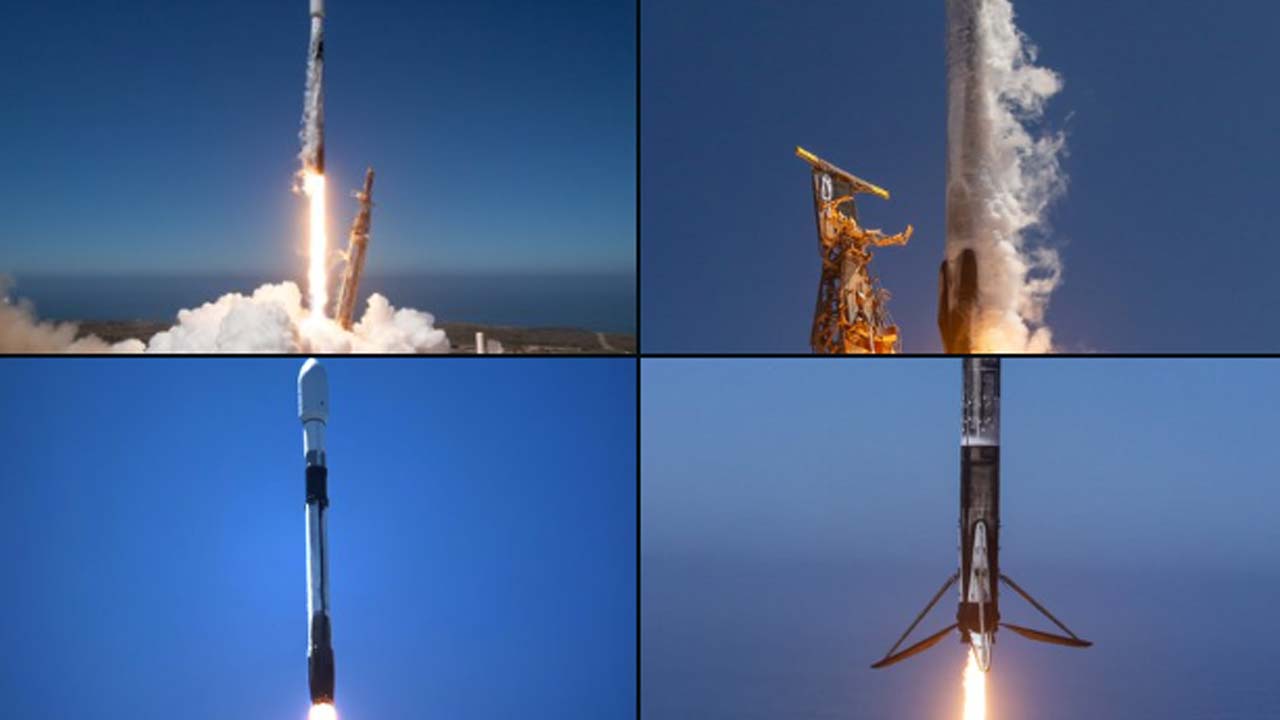
First military spy satellite: The Tyche spy satellite contains a daytime electro-optical camera to provide high-resolution images for use by the UK military.
The UK Ministry of Defence (MoD) has successfully launched its first military spy satellite, named Tyche, into orbit. The satellite was placed into space by SpaceX, marking the beginning of the Istari program's new series of intelligence, surveillance, and reconnaissance (ISR) satellites.
Launched on August 16, 2024, Tyche is the initial satellite in a series of four research and development satellites. This milestone was announced through a UK government release and supported by social media updates from both the UK MoD and its Defence Equipment & Support (DE&S) branch, alongside posts from SpaceX.
August 17, 2024
Tyche, commissioned by UK Space Command, was acquired by DE&S’ Space Delivery Team from Surrey Satellite Technology (SSTL) and represents the first satellite fully owned by the UK MoD. SSTL, the satellite’s manufacturer, chose SpaceX for the delivery, and Tyche features a daytime electro-optical camera for high-resolution imaging to support UK military operations.
According to a LinkedIn post by the UK MoD, Tyche, which will be operational until 2029, will be followed by three more R&D satellites named Juno, Oberon, and Titania.
Designed and built in the UK under a 22 million ($28.5 million) contract awarded to SSTL by DE&S, Tyche is notable as the first military satellite entirely owned by the UK MoD. SSTL confirmed the successful launch when it received signals from Tyche a few hours after lift-off. The satellite, which is about the size of a washing machine and weighs 150 kg, was launched from Vandenberg Space Force Base in California aboard SpaceX's reusable Falcon 9 rocket as part of the 'Transporter 11' mission.
Major General Paul Tedman of UK Space Command remarked on the significance of the launch, highlighting it as a major achievement for UK space capabilities and demonstrating the ability to transition from concept to operational satellite effectively.
The Istari program, announced in 2022, is a 968 million initiative aimed at establishing a multi-satellite constellation for global surveillance, complementing the UK's existing Skynet 6 satellite communications effort. Together, these systems will enhance the UK's space-based communications and surveillance capabilities.
Additionally, the UK plans to integrate the future DARC ground-based space domain awareness sensor network, part of the AUKUS initiative, which will expand the UK's ability to detect space-based threats in high Earth orbit.
While the UK currently lacks the capability to launch satellites from domestic soil, commercial spaceports such as Spaceport Sutherland and SaxaVord in Scotland are under development, with SaxaVord expected to conduct an orbital test flight in autumn 2024.





















